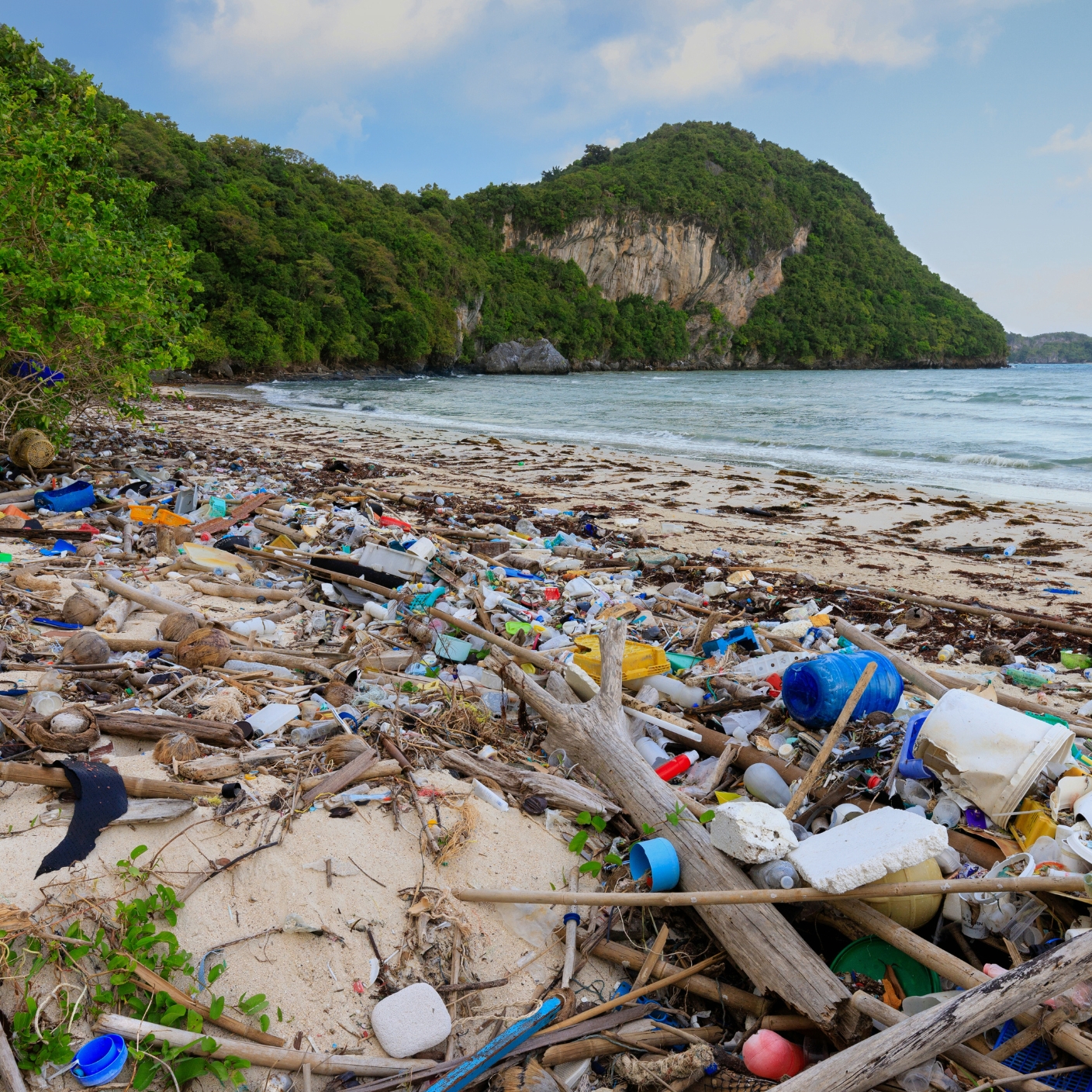In a world drowning in disposable plastics, the need to reduce single-use plastics is more urgent than ever. From straws and bags to cups and packaging, these items are wreaking havoc on our environment—and it’s time we take a stand.
Transitioning to a waste-free lifestyle might seem daunting, but with the right steps, it’s entirely achievable. Let’s explore how you can ditch single-use plastics, embrace zero waste, and make a lasting impact on the planet.
Table of Contents
ToggleWhy Single-Use Plastics Must Go
Single-use plastics are designed for convenience, but their environmental cost is devastating:
- Long lifespan: Most plastics take hundreds of years to degrade.
- Ocean pollution: 8 million tons of plastic enter the ocean annually, harming marine life.
- Microplastics: These tiny particles end up in the food chain, affecting both animals and humans.
The solution? Eliminate single-use plastics from our lives and embrace sustainable alternatives.
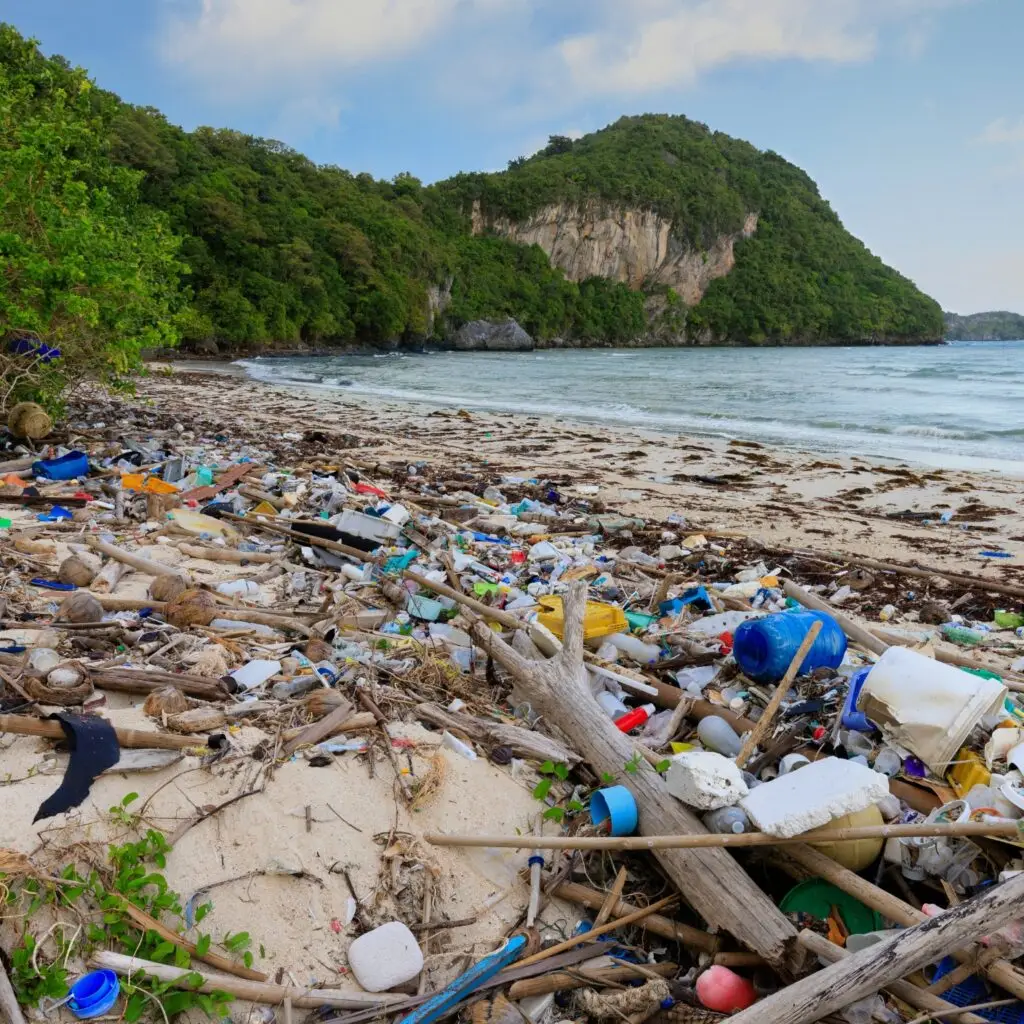
How to Identify Single-Use Plastics in Your Life
Start by taking stock of your daily habits. Common culprits include:
- Plastic bags
- Disposable coffee cups and lids
- Water bottles
- Straws and utensils
- Food packaging and cling wrap
Once you know where plastic sneaks into your life, you can plan effective alternatives.
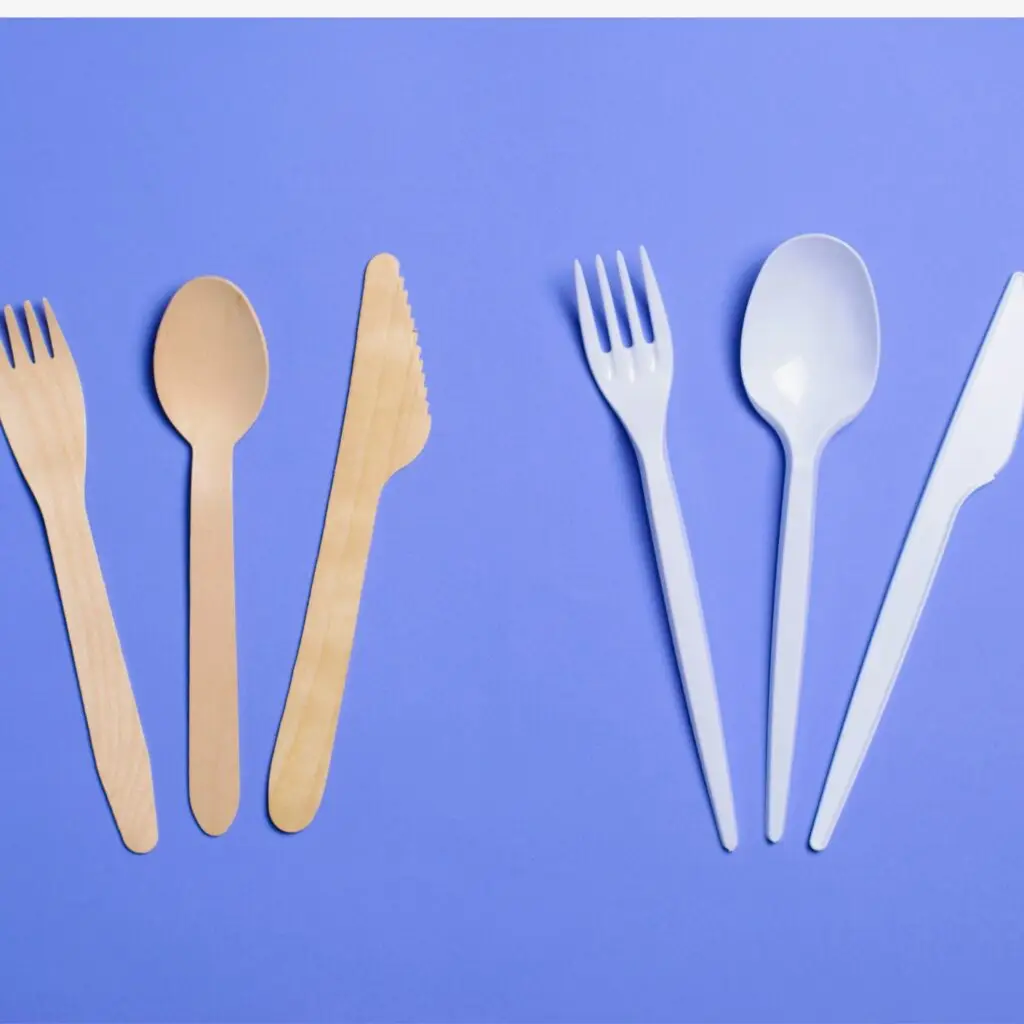
5 Simple Swaps to Eliminate Single-Use Plastics
1. Switch to Reusable Bags
Carry cloth or tote bags for groceries and errands. Many stores even offer discounts for bringing your own bags.
- Impact: A single reusable bag can replace hundreds of plastic bags annually.
- Pro Tip: Keep a foldable tote in your car or purse for spontaneous shopping trips.

2. Opt for a Reusable Water Bottle
Plastic water bottles are among the top pollutants. Invest in a stainless steel or glass water bottle.
- Impact: You’ll save money and reduce waste simultaneously.
- Pro Tip: Choose an insulated bottle to keep drinks hot or cold for hours.
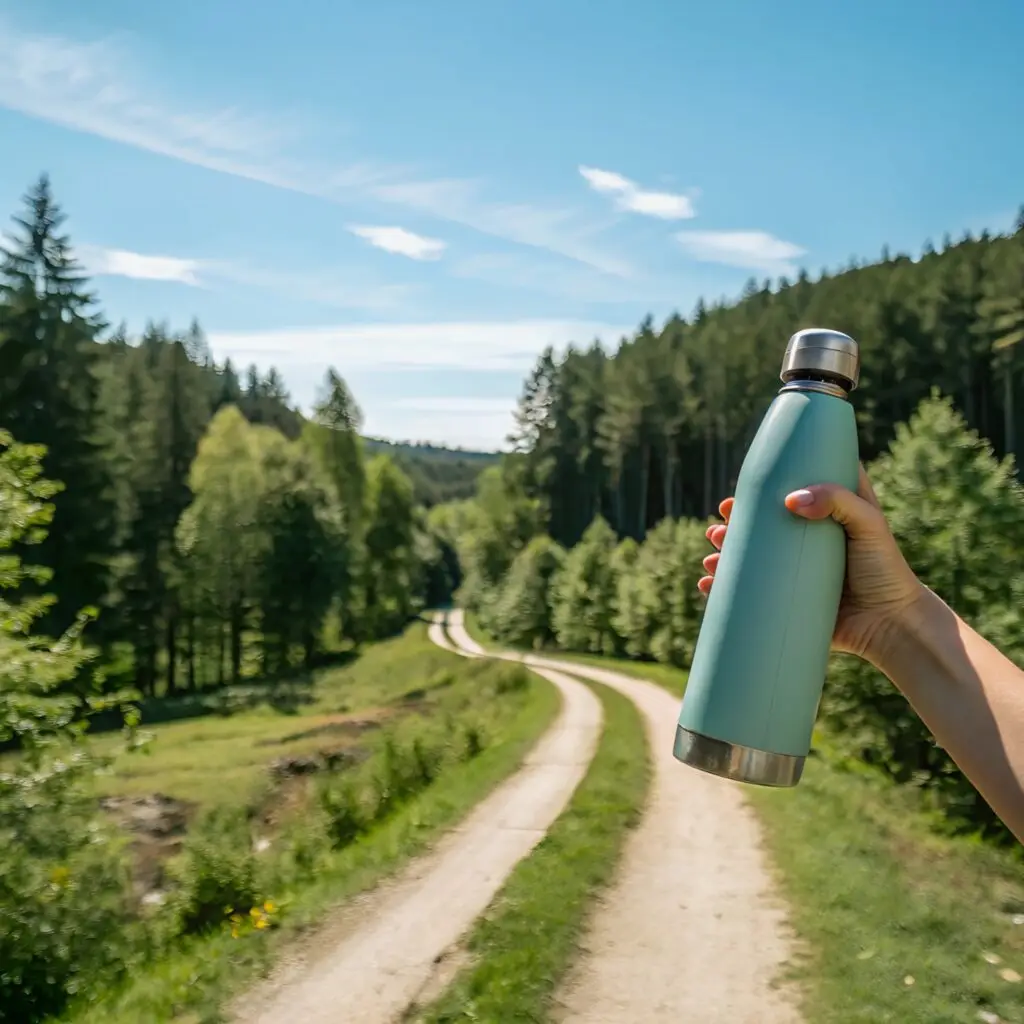
3. Carry Reusable Utensils and Straws
Ditch plastic forks, spoons, and straws. Portable utensil kits and stainless-steel or bamboo straws are excellent options.
- Impact: Reduce reliance on disposable cutlery at restaurants and food courts.
- Pro Tip: Keep a set in your car or bag to stay prepared.

4. Embrace Plastic-Free Food Storage
Replace cling wrap and plastic containers with:
- Glass or stainless-steel containers.
- Beeswax wraps.
- Silicone food bags.
- Impact: Cut down on plastic waste in your kitchen.
- Pro Tip: Start with one small area, like replacing lunch baggies.
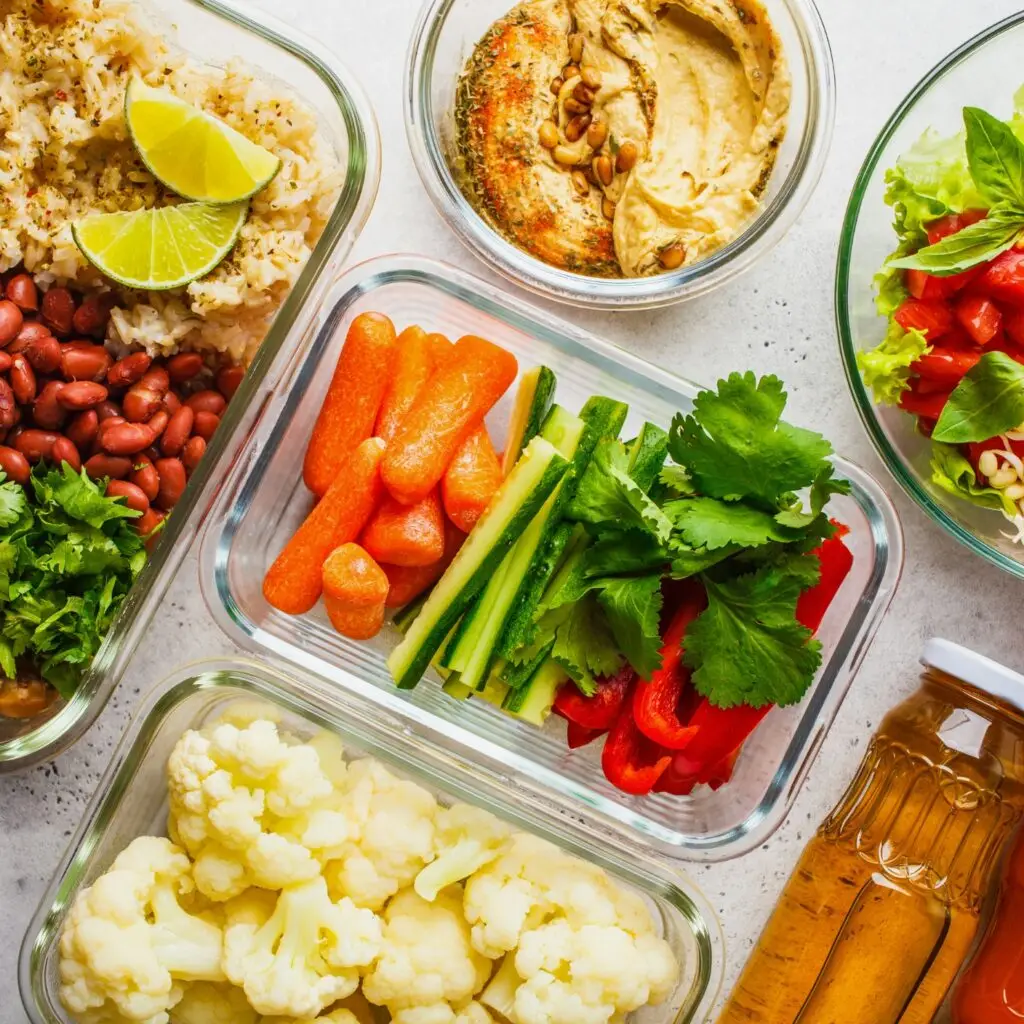
5. Choose Bulk and Refill Options
Buy groceries in bulk and refill items like shampoo, detergent, and cleaning supplies at zero-waste stores.
- Impact: Drastically reduce plastic packaging waste.
- Pro Tip: Bring your own jars or containers to bulk stores.
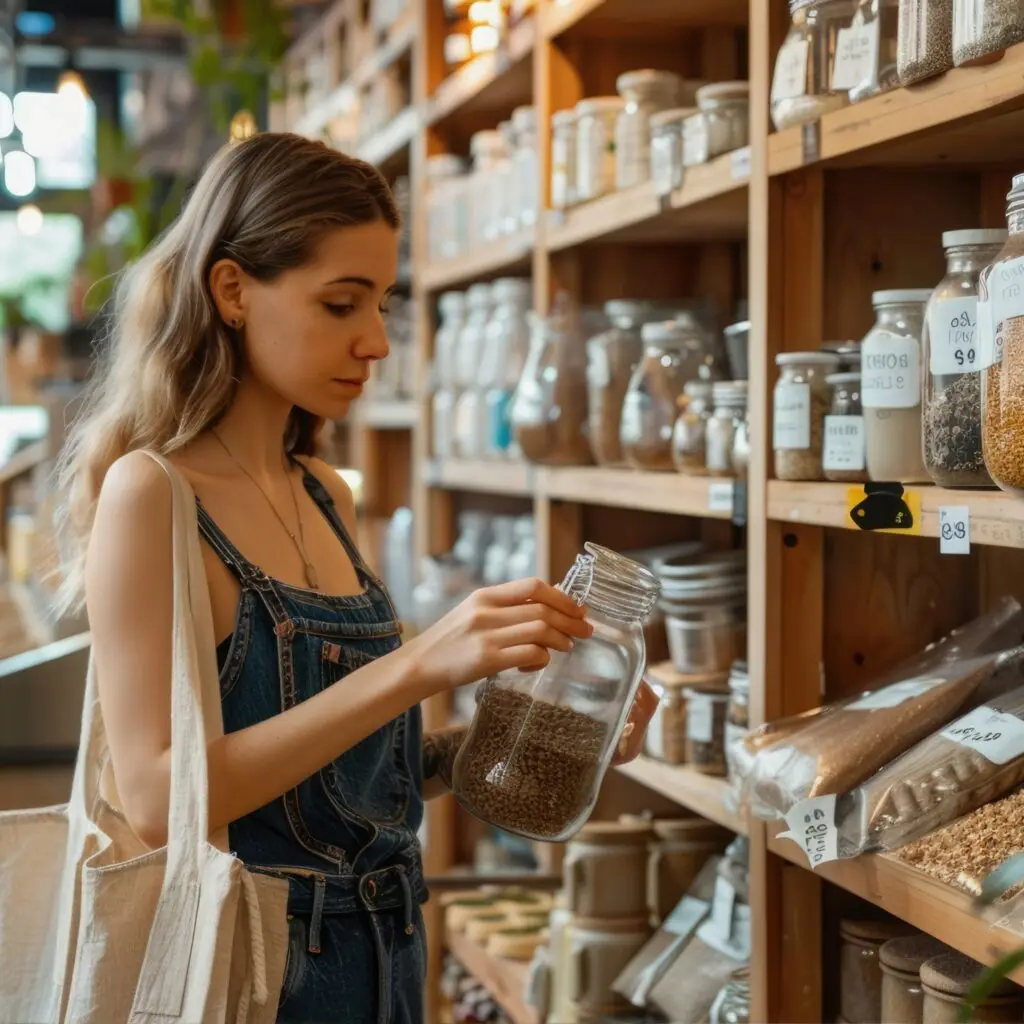
The Bigger Picture: Advocating for Change
While individual actions matter, systemic change is essential to combat the plastic crisis. Here’s how you can contribute:
- Support bans on single-use plastics: Advocate for policies that restrict plastic production and usage.
- Spread awareness: Educate friends, family, and your community about the dangers of plastics.
- Choose ethical brands: Support companies committed to sustainable packaging and zero waste.

Why Zero Waste is Worth It
Living waste-free may take effort, but the benefits are immense:
- Environmental preservation: Reduce pollution and save marine life.
- Health improvements: Avoid harmful chemicals found in plastics.
- Financial savings: Reusable items save money in the long run.
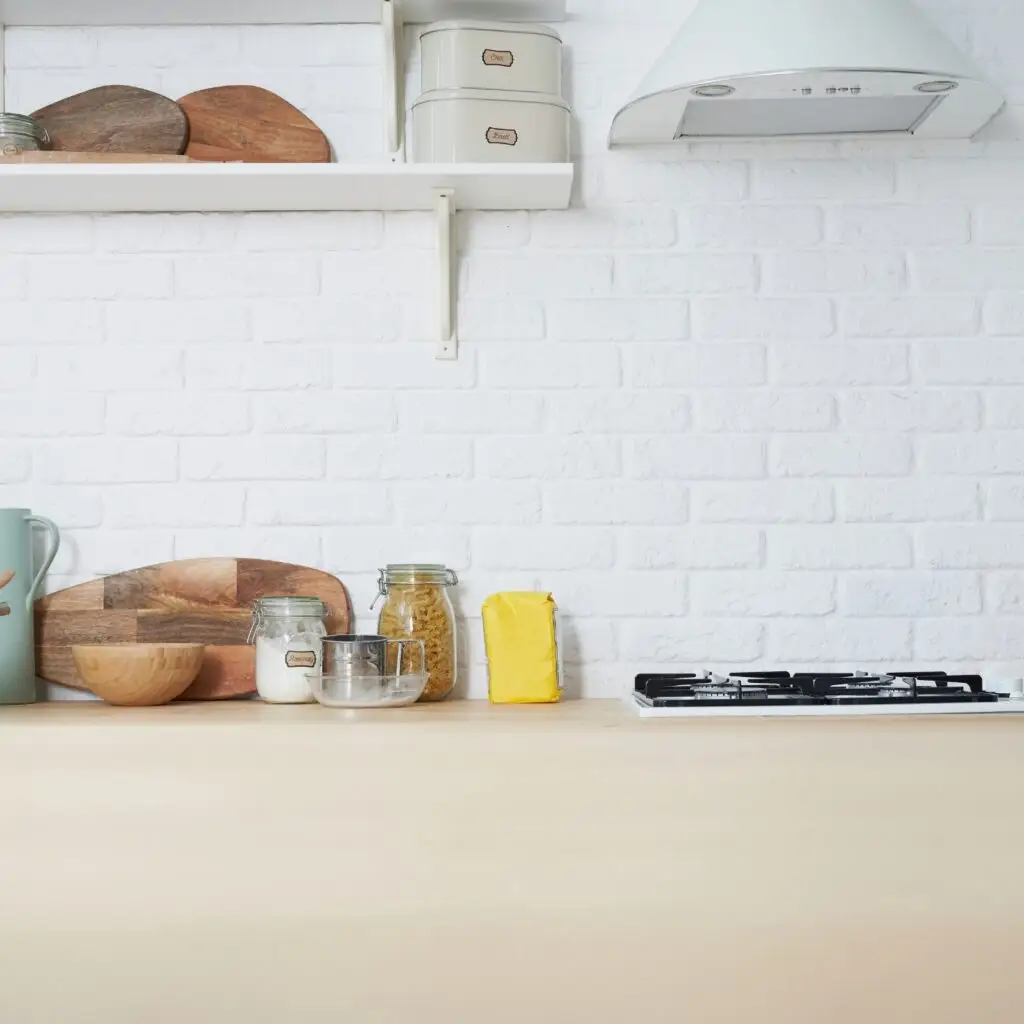
Take the First Step Today
Start small, stay consistent, and watch as your zero-waste journey transforms your life. By reducing single-use plastics, you’re not just creating a cleaner home—you’re shaping a better future for generations to come.
We’d love to hear about your journey! Share your zero-waste tips and successes with us on social media using #PlasticFreeLiving and tag us to inspire others.
At Planet Ideal, we’re on a mission to make sustainable living accessible for everyone. Our team of eco-enthusiasts writes short, snappy, and easy-to-digest articles designed to inspire real change without overwhelming. From practical tips to innovative ideas, we’re here to prove that living green can be stylish, convenient, and enjoyable. Join us as we empower individuals, families, and communities to embrace eco-friendly lifestyles—one step, one story, and one solution at a time.

